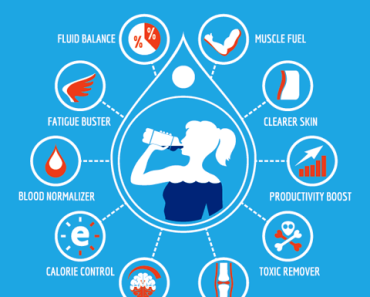Having healthy and radiant skin is not just about appearance; it reflects overall well-being and confidence. However, various factors can damage our skin over time, from environmental exposure to lifestyle choices. This article explores effective strategies and treatments to restore damaged skin and maintain its health.
Understanding Skin Damage
Skin damage can manifest in different forms, including:
Sun Damage: Exposure to UV rays can lead to sunburn, premature aging (wrinkles, sun spots), and increase the risk of skin cancer.
Acne and Scarring: Acne breakouts and improper treatment can leave scars and hyperpigmentation.
Dryness and Dehydration: Lack of moisture can cause dry, flaky skin, making it more prone to irritation and sensitivity.
Environmental Factors: Pollution, harsh weather conditions, and indoor heating/cooling systems can strip the skin of its natural oils and disrupt its barrier function.

Tips for Restoring Damaged Skin
1. Protect from Sun Damage
Sunscreen: Use a broad-spectrum sunscreen with SPF 30 or higher daily, even on cloudy days.
Avoid Peak Hours: Stay indoors or seek shade during peak sun hours (10 AM to 4 PM).
Protective Clothing: Wear hats, sunglasses, and clothing that cover exposed skin.
2. Hydrate and Moisturize
Hydrating Products: Choose moisturizers and serums with ingredients like hyaluronic acid and glycerin to attract and retain moisture.
Humidifier: Use a humidifier to add moisture to indoor air, especially during dry winter months.
Avoid Harsh Products: Use gentle cleansers and avoid products with alcohol and fragrances that can dry out the skin.
3. Address Acne and Scarring
Topical Treatments: Use over-the-counter or prescription treatments containing benzoyl peroxide, salicylic acid, or retinoids to treat acne and fade scars.
Professional Treatments: Consider options like chemical peels, microdermabrasion, or laser therapy under the guidance of a dermatologist.
4. Nutrition and Skincare
Antioxidant-Rich Diet: Consume fruits and vegetables rich in antioxidants (e.g., berries, leafy greens) to protect skin cells from damage.
Omega-3 Fatty Acids: Incorporate foods like salmon, walnuts, and flaxseeds for their anti-inflammatory benefits.
5. Lifestyle Choices
Quit Smoking: Smoking accelerates skin aging and reduces blood flow, affecting skin health.
Manage Stress: Practice stress-reducing techniques such as yoga, meditation, or hobbies to prevent stress-related skin issues like acne breakouts.
6. Consult a Dermatologist
Personalized Advice: A dermatologist can assess your skin condition and recommend tailored treatments and skincare routines.
Medical Treatments: Options like prescription medications, injectables (e.g., fillers, Botox), and advanced skincare procedures can help address specific skin concerns effectively.
Restoring damaged skin requires a holistic approach that combines protective measures, effective skincare routines, healthy lifestyle choices, and professional guidance. By understanding the causes of skin damage and implementing these strategies, you can rejuvenate your skin, enhance its resilience, and maintain a healthy, radiant complexion over time.
Taking proactive steps today not only improves your skin’s appearance but also supports its long-term health and vitality. Remember, healthy skin is a reflection of your overall well-being, so invest in its care and enjoy the benefits of a glowing complexion for years to come.






